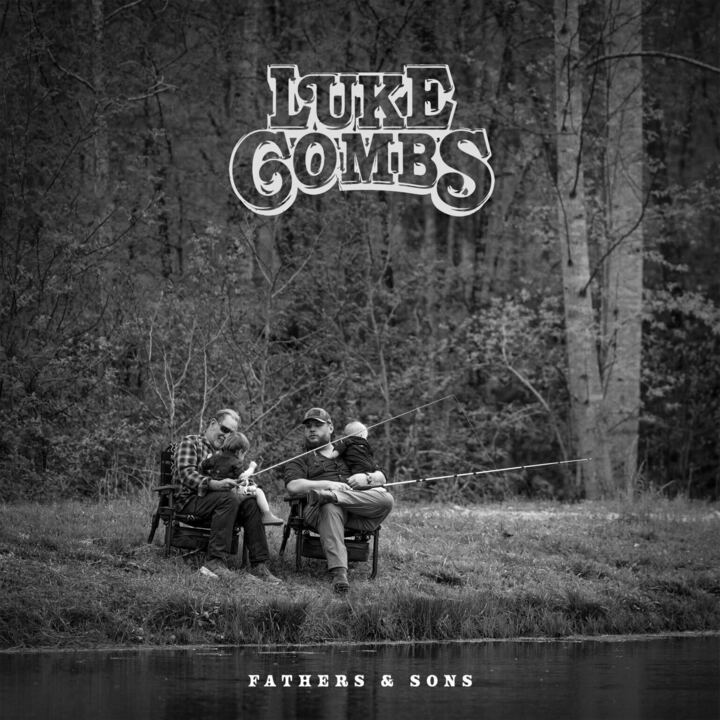(Untitled)
Led Zeppelin
Led Zeppelin was a monumental band in the evolution of rock. Built as a supergroup, each member of the quartet excelled individually, but when making music together, they crafted some of the finest hard rock money could buy. However, it wasn’t until the release of their fourth album, an untitled effort commonly known as Led Zeppelin IV, that the group became the superpower they’re remembered as today.
After a lukewarm critical response to the band’s third album Led Zeppelin III, Jimmy Page was fed up with the media. Their expectations of the band led to an instant rejection of III, which sought out a new direction for the group in acoustic accompaniment and storytelling. In what some press agents warned would be career suicide, Page decided Led Zeppelin’s next album would have no title or any words on its cover. The only writing on the entire LP were four symbols, each chosen to represent one band member.
Page’s gamble paid off — IV was a fantastic success, with each of its eight songs displaying the band’s different influences. From the blues-infused guitar riffs on “Black Dog” to lead singer Robert Plant’s bombastic wailing on “Stairway to Heaven” and drummer John Bonham’s booming sound, concluding the project with “When The Levee Breaks,” there’s hardly a moment to relax. IV was the album that proved Led Zeppelin was more than just a band — they were a generation-defining and, some would argue, an unmatched experience for all to enjoy.
Tracks to listen to: “Black Dog,” “Going to California,” “When the Levee Breaks”
Murmur
R.E.M.
During a live show shortly before R.E.M. was set to enter the studio and record their debut album, an audience member famously yelled at the band to turn the music up. In response, lead singer Michael Stipe simply said “Listen harder.”
This story, true or false, might be one of — if not the most — telling recounts of everything R.E.M. represents. They were a reaction to bands like Led Zeppelin — groups that dominated the stage and acted like rock stars. Instead of following suit, R.E.M. threw a wrench into the spokes of arena rock, scavenging for emotional elements and finding experimental veins. Opting for a jangle pop sound, R.E.M. grew quickly as a local phenomenon in their hometown of Athens, Georgia. However, it wasn’t until their debut album Murmur, recorded in 1983, that their sound found its audience.
Murmur is the perfect combination of inexperience, passion and poetry. Most indie bands in today’s scene could only imagine being able to craft verses as empowering and challenging as Michael Stipe’s. And it doesn’t matter what Stipe may have been writing about — whether it was a former love, a childhood friend or something as obscure as his lawnmower — the listener would be captivated with his musings.
Building off of this, the rest of the group found their niche in subtleties. Mike Mills proved to be the perfect collaborator, finding a role on a variety of instruments from the bass to piano and backup vocals. Meanwhile, Peter Buck and Bill Berry capitalized on the overall direction of the band, incorporating jangly guitars and basic drum techniques to keep each song mellow, yet somehow still more than intriguing.
Murmur showed that, as a whole, R.E.M. could craft a fantastic pop song, to the extent that the amount of details can be staggering with just one listen. Not only does the project stand as a fantastic experience, but it represents a turning point for music — when the power transitioned from rock stars to the hands of unexpected and relatable people. It’s a vibe no band has matched since, and one that brought R.E.M into the spotlight of ’80s and ’90s culture.
Tracks to listen to: “Radio Free Europe,” “Laughing,” “Talk About the Passion”




















